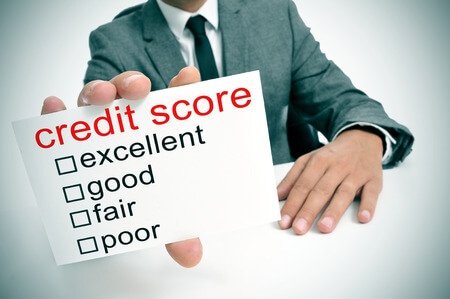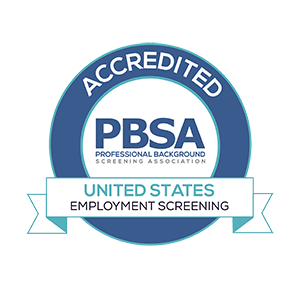Applying to a new position? Worried about an employer credit check?
Many candidates today think about their credit score when searching for new opportunities. As an HR or recruiting professional, however, it can make or break an applicant’s candidacy. With both the success of the company and the individual being equal considerations, how an individual conducts and leverages their existing assets may offer insight into the candidate when under strict deadlines or dynamic, adaptive situations.
Employer Credit Checks: Are they necessary?
There are those who will argue that a credit score has nothing to do with their ability to perform their job.
There are employers who disagree. In fact, millions of companies will run credit checks on at least some, if not all, of their job candidates this year.
Why would an employer want to know about your credit history?
It is a way to measure a person’s sense of responsibility and financial stability.
The results of a credit background check can limit your job opportunities if it has issues. There is a legitimate debate over whether or not this is fair. There are many uncontrollable circumstances capable of damaging credit, and companies may use the score as an evaluation tool rather than consider the circumstance and individual.
In very competitive job fields, employers continue to use multiple criteria to distinguish between highly qualified candidates and the duds. Your credit report is one of these criteria.
If a person is simply not qualified for the job, there is a long list of reasons not to hire them.
But, when there are multiple equally qualified candidates, all well suited for the job, employers will often use a credit check to help make the final decision.
Employer Credit Checks for Every Business Type
There are certain categories of businesses, and very nature of the job require the regular running of credit checks. These will include banks, financial institutions, the government, large corporations, and others.
In these instances, the issue is of security, protecting against potential embezzlement or fraud, requires the employer to perform their due diligence.
There is a lot of information that a potential employer can learn from an employment-screening credit report. They can determine how much credit you have, the types of credit you use, how much of your credit is being used, and your payment habits. Essentially, employers will receive all the information which makes up your credit score, just without the actual score.
They can’t receive this data without permission. The employer must first obtain written authorization before running the report.
Do you still have questions? What haven’t we covered yet that is important to you? If you would like to talk about credit reports in employment screening, or a related topic, please contact us.











Leave a Reply
Want to join the discussion?Feel free to contribute!